Miss Manners
Guide to Excruciatingly Correct Behavior
F RESHLY U PDATED
JUDITH MARTIN
Illustrated by Gloria Kamen
 W. W. NORTON & COMPANY NEW YORK LONDON
W. W. NORTON & COMPANY NEW YORK LONDON

Copyright 2005, 1982, 1981, 1980, 1979 by Judith Martin
Illustrations copyright 1982 by Gloria Kamen
All rights reserved
For information about permission to reproduce selections from this book, write to
Permissions, W. W. Norton & Company, Inc., 500 Fifth Avenue, New York, NY 10110
Illustrations by Gloria Kamen and Mike Wood.
Illustration on Preface by Mike Wood.
Production manager: Anna Oler
Library of Congress Cataloging-in-Publication Data
Martin, Judith, 1938
Miss Manners guide to excruciatingly correct behavior / Judith Martin; illustrated by Gloria
Kamen.Freshly updated.
p. cm.
ISBN: 978-0-393-07909-8 (e-book)
1. Etiquette. I. Title.
BJ1853.M294 2005
395dc22
2005000264
W. W. Norton & Company, Inc., 500 Fifth Avenue, New York, N.Y. 10110
www.wwnorton.com
W. W. Norton & Company Ltd., Castle House, 75/76 Wells Street, London W1T 3QT
F OR N ICHOLAS AND J ACOBINA
Contents
List of Illustrations

Preface
W HAT WOULD Mother think? was a question that had accompanied Daffodil Right for her entire life. She knew she was growing old when it no longer set off the thought And how can I keep her from finding out?
The change did not occur when that lady, Clara Grace Perfect (ne Proper, and equipped with crisp little cards that announced her as Mrs. Geoffrey Lockwood Perfect) departed this world for a more nearly correct one. Mrs. Perfect had what was known as Presence, the dignified precursor of what deteriorated to Poise during Daffodils youth and then disappeared into a pottage of Assertiveness and Sensitivity from which it has not yet managed to surface.
Mere death did not soften Mrs. Perfects august influence. Indeed, during her declining years, if a lady so upright may be said to decline, she served as a stalwart example of what the family called Clara Grace under Pressure. Her memory had gently receded, but her manners had not. When Daffodil came to visit, Mrs. Perfect never failed to introduce herself and to add, And I hope your dear mother is well. Please remember me to her. If Daffodil attempted a mild correction, Mrs. Perfect would manage a sweet smile with just a dollop of reproach in it as she said, Well, of course I know that, dear. What do you take me for? And she would continue, seamlessly, with a polite inquiry after Daffodils husband. Not Teddy Right, who was usually standing right there holding out a box of her favorite liqueur-laced chocolates, but Rhino Awful, Daffodils first husband, who had long ago acquired a wife of more nearly his brain power, although not nearly his age.
The increasing appreciation of her mothers view that only a strict code of manners can keep civilization from descending into chaos began as reverie during work.
As a judge in Domestic Court, Daffodil spent hours listening to evidence against societys panacea for bad behavior. It was generally believed that what people needed to get along was love and communication skills. Even business colleagues were thought to work better if they spoke their minds and really got to know one another personally, from which affection would followonly not too much affection, because that might be illegal. Yet here was Judge Daffodil Right, listening all day long to people who were only too familiar with one another, who had certainly loved at one time and whose communication skills were so well honed that she sometimes had to threaten them with contempt of court.
At the same time, she knew, to her sorrow, that the law was not going to solve their problems. She could offer some protections and retributions, but she was helpless to stop them from being plain mean, and from going out and repeating these horrid situations among themselves or in new domestic arrangements. At times she heard her mothers voice coming out of her own mouth, delivering etiquette orders: I want you to apologize right now and Dont speak of your father that way and Do you consider yourself properly dressed? and I would appreciate it if you would show more respect. But she decided that the day she heard herself sentencing someone to have his mouth washed out with soap would be the day she retired.
Still, Daffodil was surprised to hear the old question from another source: What would your mother think?
It was Zoe and Zachary, her favorite grandchildren, notwithstanding that she would have sworn on her own courtroom Bible that she had no favorites among her many descendents and step-descendents. She seemed to be a favorite of theirs as well, and they had come to show her the outfits they had put together for their high school prom.
What would her mother think of Zoe in a black dress so tight and slashed that those body parts pushed up into the dcolletage must be her knees? And of the over-the-elbow black gloves with bracelets and a ring worn over them? And of the two-toned, upswept hairdo achieved with gel instead of hairpins? What would she think of Zachary wearing a tailcoat with a black tie and black chino pants? And of the red cummerbund and matching hankie stuck into a pocketed shirt?
Awful, awful, is what Clara Perfect would have thought. There would have been some validity to this, quite aside from the sartorial angle, as the two children were also, through no fault of their own, descended from Jonathan Rhinehart Awful, 3rd.
Daffodil lacked the heart to dampen their pleasure, but she also knew that she was the childrens only source of information about etiquette, a subject toward which they harbored none of the antipathy that their parents generation had shown. Because they so often visited, she was able to teach them the once-common amenities, such as table manners and greetings and expressions of gratitude without criticizing their parents. The cover was simply that this was the way she and Teddy did things, which Zoe and Zachary learned as a sort of second language of behavior. She was both proud and appalled to watch them cash in on this knowledgegetting the best summer jobs, impressing college interviewers and taking in a significantly better haul of family presents than their cousins who never wrote letters of thanks.
Youll be the best-looking people there, she declared with misleading truthfulness that failed to mislead them. But dont even ask what Mamma would have thought. She went by an entirely different standard.
So of course they did ask. Well, for Mamma, evening clothes were serious. No, thats not quite right. They were also a game, but the game had rules, and the object was aestheticto stand out because your clothes were beautiful or stylish or even daring, although I suppose not what you would consider daring. For gentlemen, it was to have clothes that were perfectly tailored.

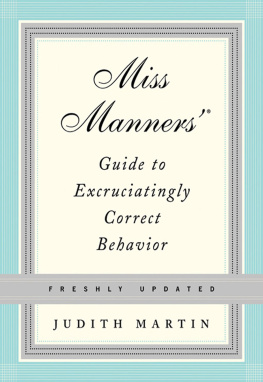
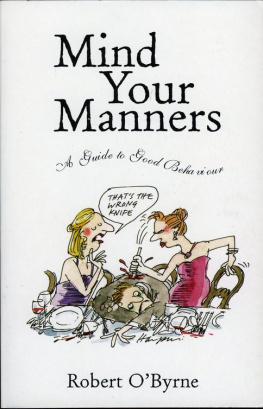
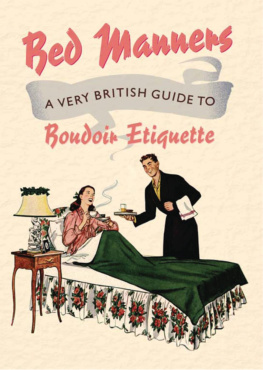
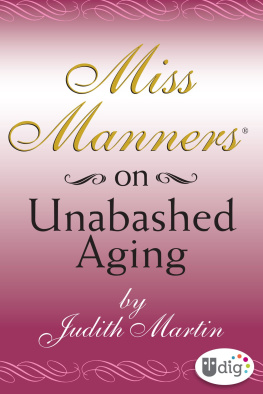
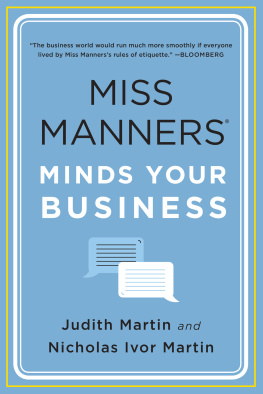

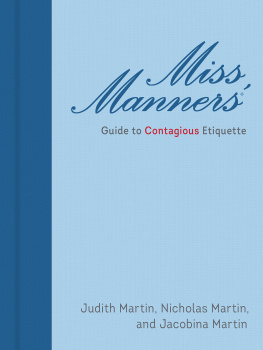
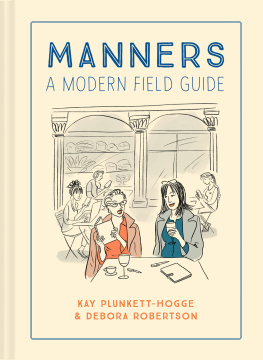
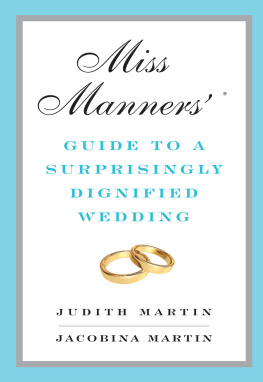

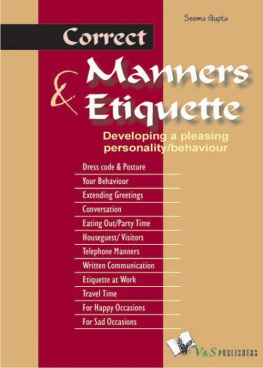
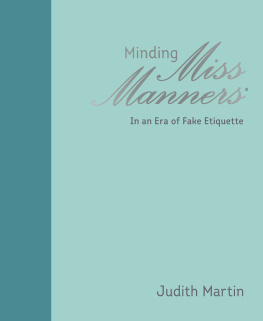
 W. W. NORTON & COMPANY NEW YORK LONDON
W. W. NORTON & COMPANY NEW YORK LONDON
